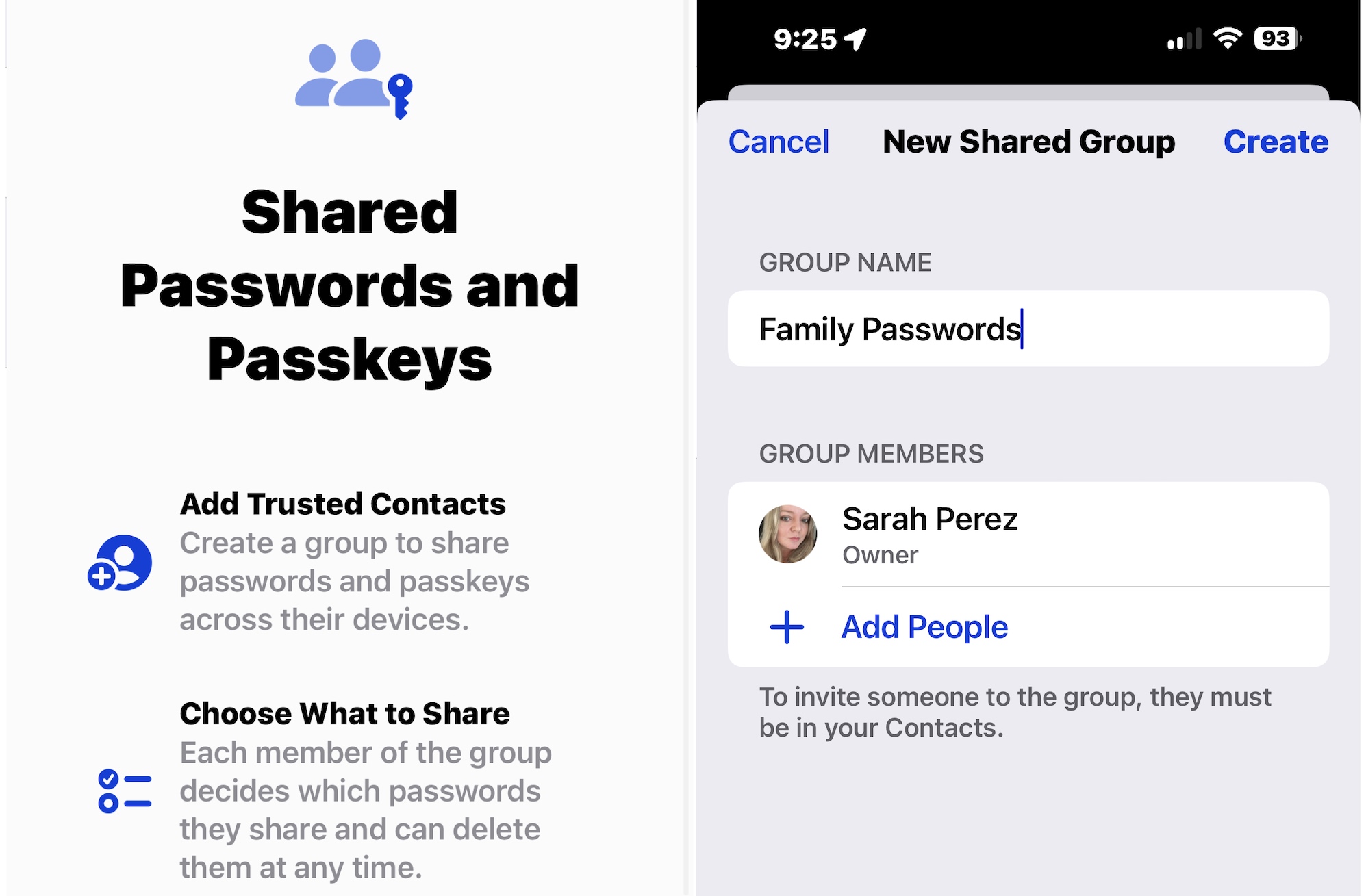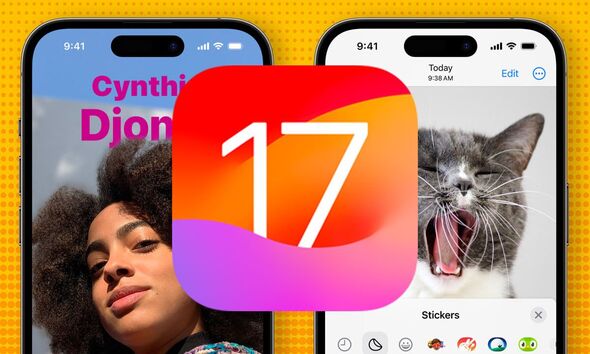Today sees the release of Apple’s long-awaited iOS 17 update for iPhones, which includes a number of new and enhanced security features. A large portion of the new capabilities are geared towards defending iPhone users who are more vulnerable to malware and cyberattacks, such as journalists, activists, and human rights defenders. Other iOS 17 features, such as anti-web tracking, secure password storage, and the simple sharing of newer phishing-resistant passkeys, are better suited for a larger audience.
New protections in Lockdown Mode
The main improvement to Lockdown Mode is that it is now compatible with Apple Watches as well as iPhones, iPads, and Macs. Given that recent spyware-planting exploits have been able to compromise Apple Watch owners, it can’t come soon enough.
Lockdown Mode makes it much more difficult to sneak into a device and steal its data by selectively disabling some iPhone (and Watch) functionalities that have previously been misused by spyware producers, such as iMessage and HomeKit.

When sharing images with others, Lockdown Mode in iOS 17 also by default deletes the geolocation information from photos that could betray a person’s location, like as where the shot was taken.
Another useful feature prevents iPhones in Lockdown Mode from automatically connecting to insecure Wi-Fi networks that can allow someone using the same network to view the network traffic of the iPhone. Additionally, 2G cellular network connections are barred by Lockdown Mode. With the help of cell site simulators, sometimes known as “stingrays,” which are frequently used by law enforcement to mislead nearby phones into connecting to fictitious mobile base stations, monitor phone positions, and eavesdrop on calls and messages, this tries to stop a variety of cellular-based exploits. Because they operate across a large region and catch various gadgets without discrimination, stingrays are divisive.
More anti-web tracking features
The Safari browser in iOS 17 now removes tracking data from web addresses that might be used to identify your device specifically and follow you online. Because of this, it is more challenging for websites and advertising to determine which other websites you visit.
If you want to really make a difference, you can apply this feature to all of your browsing sessions while using iOS 17’s Safari settings, or you can choose to use it only when you’re using private browsing. Your regular browsing experience shouldn’t be negatively impacted by this.
![]()
By default, private browsing is likewise locked, requiring a face or fingerprint scan from the device owner before any private tabs can be opened.
Check-in safety features and avoiding scammers
Updates are coming to Passkeys, the phishing-resistant password replacement that enables you to log in without being concerned that your passwords might be stolen. Passkeys are already supported by a large number of websites and services, including Apple, Google, Microsoft, PayPal, and many others. You’ll soon be password-free permanently. Passkeys (and passwords, if necessary) can now be shared with loved ones. End-to-end encryption is used to communicate passkeys and passwords so that no one else, not even Apple, can access them.

With the new Check In function, iPhone users can notify their pals when they expect to arrive safely at their location. The function keeps track of the user’s current position and notifies a friend if something seems off. There is no need for third-party apps that have sold your location data to marketers and data brokers because this location data is end-to-end encrypted.
Last but not least, Live Transcription is an added benefit for people who desire to never again be harassed by a spam or scam call. Live transcription transforms the caller’s voice into text that is displayed on the screen in real-time rather than answering (or declining) the phone, both of which can let the caller know that the line is active.









